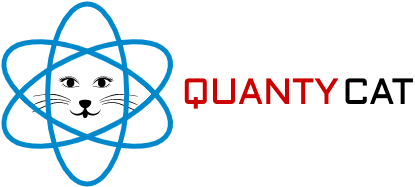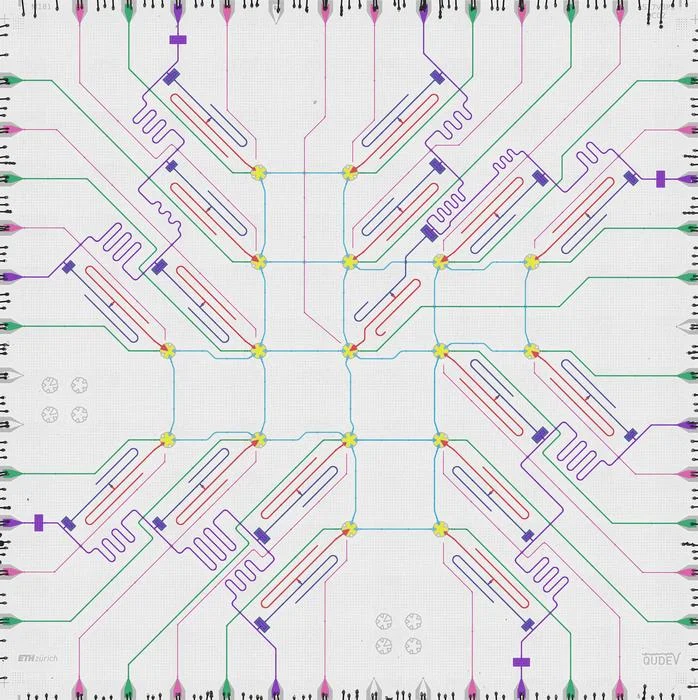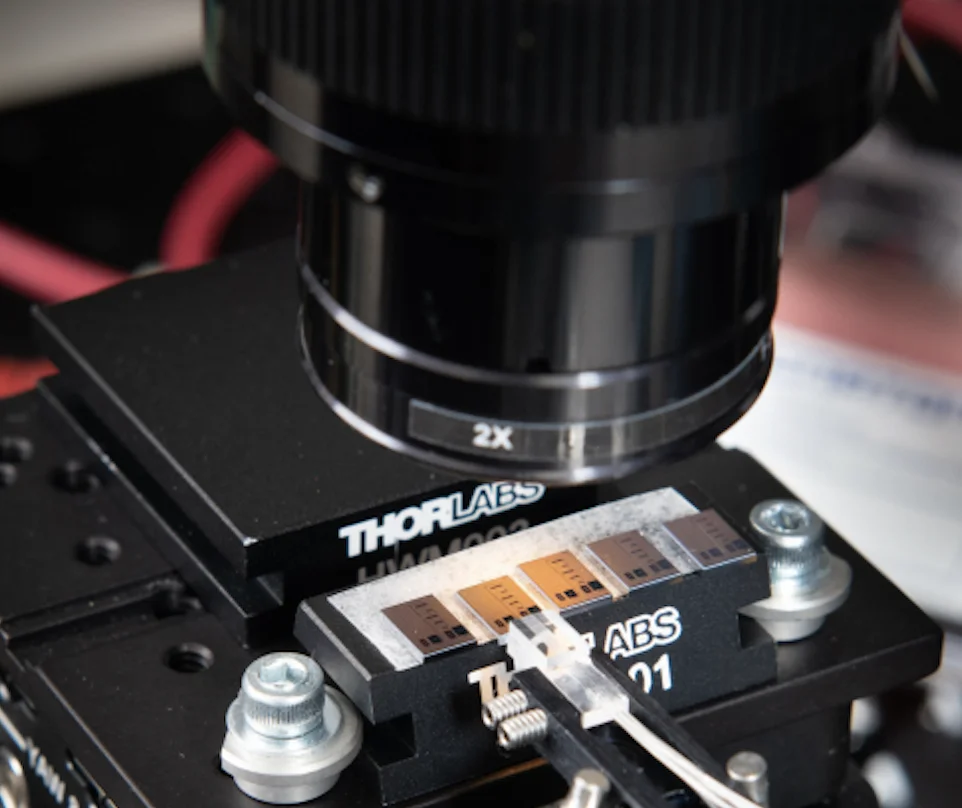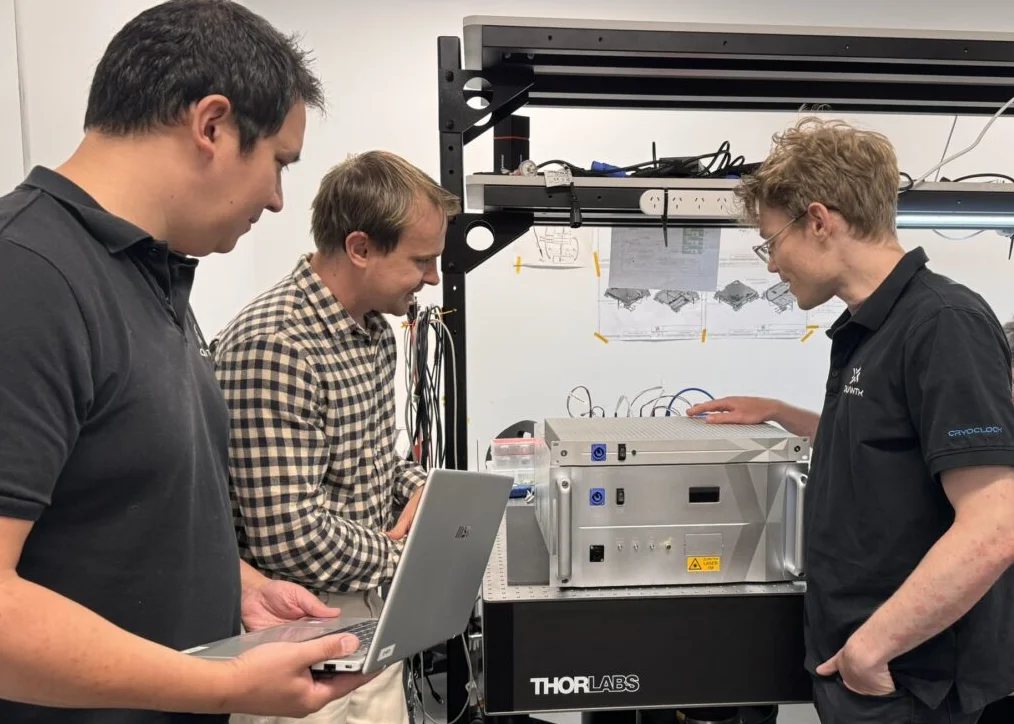Third-party startups servicing the burgeoning QC industry are growing at a steady rate. One Seattle startup, with close ties to Amazon, has its own solution

Clever People, Smart Ideas
Building applications for quantum computers is in its very early stages. For one, though many of the big guns in the industry have operational computers such as the offerings by Rigetti and D-Wave, it is still unclear how effective these quantum computers are and if they will be able to serve humanity on the same level as classical computer have for the last fifty or so years. That, though, hasn’t stopped the number of startups on the scene which have sprung up offering software and other third-party solutions.
It’s a natural phenomenon of a growing ecosystem. Clever people, with smart ideas, seeing a chance to make a name for themselves and establishing a viable business while doing it.
Respect to them, I say.
One startup on this path is Quantycat. Founded in 2020 and based in the tech-magnet of the Pacific Northwest in Seattle, don’t let the funky name distract you from thinking it’s not serious about what it wants to achieve.

Quantycat work on different quantum computers from third-party hardware providers
— Quantycat
Quantycat
As above, Quantycat’s business solution is founded on creating applications that can work on a number of quantum computers.
These include, as already mentioned, Rigetti Computer’s gate-based superconducting machine and D-Wave’ Systems’ quantum annealing contraption.
But the collaboration doesn’t stop there: they are also using the quantum computer by IonQ and the cloud-based system Braket from Amazon Web Services (AWS), too.
The startup’s two founders, Nadia Shouraboura and Pavel Bleher, are entrepreneurs and academics with years of experience at universities and in industry.
Shouraboura is an especially interesting case. Born in the Soviet Union, she has a Ph.D. from Princeton University but also studied before that in Israel and the Soviet Union. Starting off as a robotics/ML engineer in the late 1980s, she has worked in big data, analytics and systems development. In 2004, she joined the tech giant Amazon, where she served on Jeff Bezos’ senior leadership team. Leaving Amazon in 2012, she then founded and became CEO of supply chain and shopping technologies startup Hointer. Other positions during this time were on advisory boards for a number of companies that include Tosca, Berkshire Grey and MTS Group. Referenced by more than 200 publications, her academic research is impressive as well.
Her co-founder at Quantycat is fellow Russian Professor Pavel Bleher. With a Ph.D. mathematical physics from the Keldysh Institute of Applied Mathematics of the Russian Academy of Sciences, Moscow, USSR and his habilitation in mathematics in 1984 Vilnius University, Vilnius, Lithuania (then the Soviet Union), he has decades of research focussed on statistical physics, quantum integrable systems, the theory of random polynomials, and random matrix models.

Quantycat’s team is essential in the startup garnering success, and its ‘cloud-based APIs [which] don’t require quantum experts to use or manage’ will certainly be attractive to its future customers.
They say what’s important in life is not what you know but who you know, and Shouraboura’s past association with Amazon and Jeff Bezos could certainly open doors for the Seattle-based startup.

















